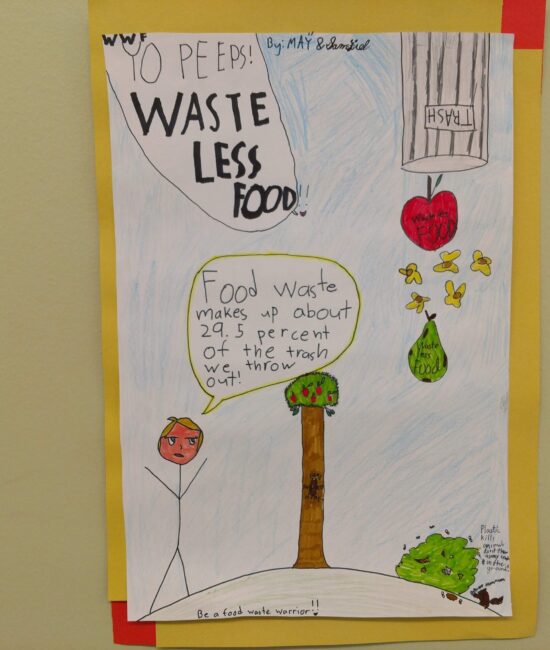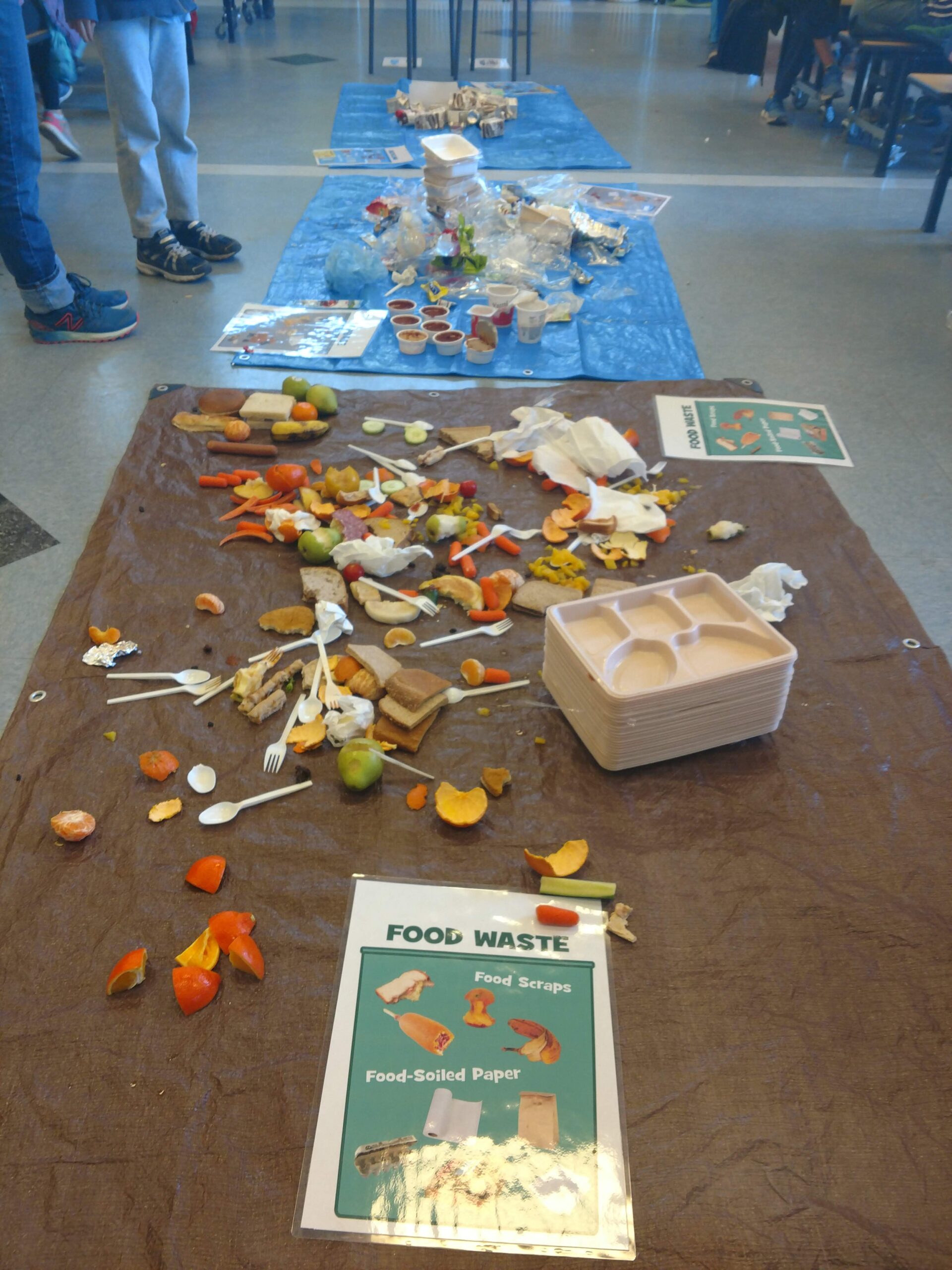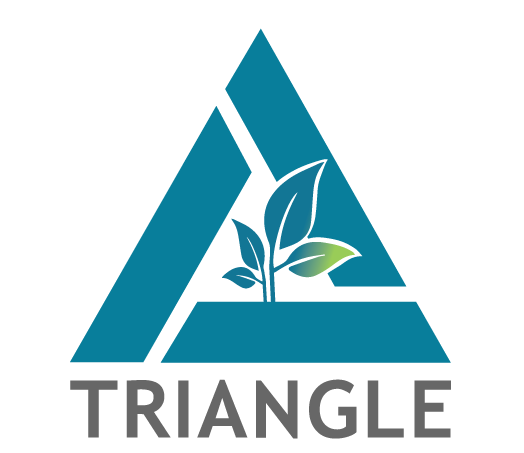
Did you know the average student wastes 39.2 pounds of food and 28.7 cartons of milk each school year1? Triangle is excited to dive back into our partnership with World Wildlife Fund (WWF) this fall to support food waste reduction in schools! From helping schools navigate compost collection at lunch to providing student workshops highlighting the impact of food waste on our natural world, Triangle has engaged in food waste reduction efforts for decades.
Food waste is a complex topic with no one easy solution. But our work on behalf of clients like the City of Auburn, Waste Management, King County Solid Waste, Republic Services, Seattle Public Utilities, WWF, and more, allows us to continue to tackle food waste issues head-on. We bring passion, expertise, and a robust knowledge of school and student needs to food waste reduction work. Through tailored technical assistance, data collection and meaningful education, Triangle’s approach fosters important behavior change and helps to build bridges between clients and school communities, each vital to the success of food waste reduction measures.
Earlier this summer, in support of WWF’s Food Waste Warriors program, Triangle hosted a gathering of an incredible group of partners in our Seattle office. Representatives from WWF, Seattle Public Schools, EarthGen, Cedar Grove Composting, and Seattle Public Utilities came together for a half-day session to tackle food waste and sustainability initiatives in schools. Together we discussed barriers and opportunities for food waste reduction, and identified key implementation steps for this fall and beyond. Through ongoing collaborations with community partners, we look forward to continuing our food waste reduction efforts and positively impacting both behavior and policy changes in the years to come.
Examples of Triangle’s recent food waste reduction programs include:
- Conducting food waste audits, collecting data and reporting. In 2018 and 2019, Triangle conducted lunchroom food waste audits, developed an in-depth report on food waste in local schools and provided recommendations moving forward.
- Promoting and reporting on bulk milk dispensers (BMDs) in schools. In the spring of 2022, Triangle conducted research and interviews, to generate a Milk Waste Reduction Case Study. WWF used this as the basis for their Business Case for Transitioning to Bulk Milk Dispensers from Single Use Milk Cartons in K-12 Schools. With support from Triangle educators, BMDs programs are underway with schools in the City of Auburn, and in Snohomish County.
- Providing tailored assistance for lunchroom composting and share tables. Triangle has supported schools in establishing and maintaining share tables for over a decade. Share tables reduce waste by facilitating the redistribution of unopened or unconsumed foods within a school. For food that can’t be safely redistributed, Triangle helps schools establish compost programs, train staff and students, and address contamination issues.
- Teaching classroom workshops to connect students with the “why”. Since 2005, Triangle educators have taught 1000’s of students throughout King and Snohomish Counties about food waste and climate connections. Through work on behalf of the King County Solid Waste Division among others, we’ve provided hands-on classroom workshops focusing on reasons for and impacts of food waste and promoting critical thinking.

1 Devine, Katherine. Reducing Food Waste in Schools: The Business Case. World Wildlife Fund, 2019. https://www.worldwildlife.org/publications/reducing-food-waste-in-schools-the-business-case. Accessed 1 August. 2009.
 Triangle Associates
Triangle Associates
Categories
Recent Posts
Recent Comments